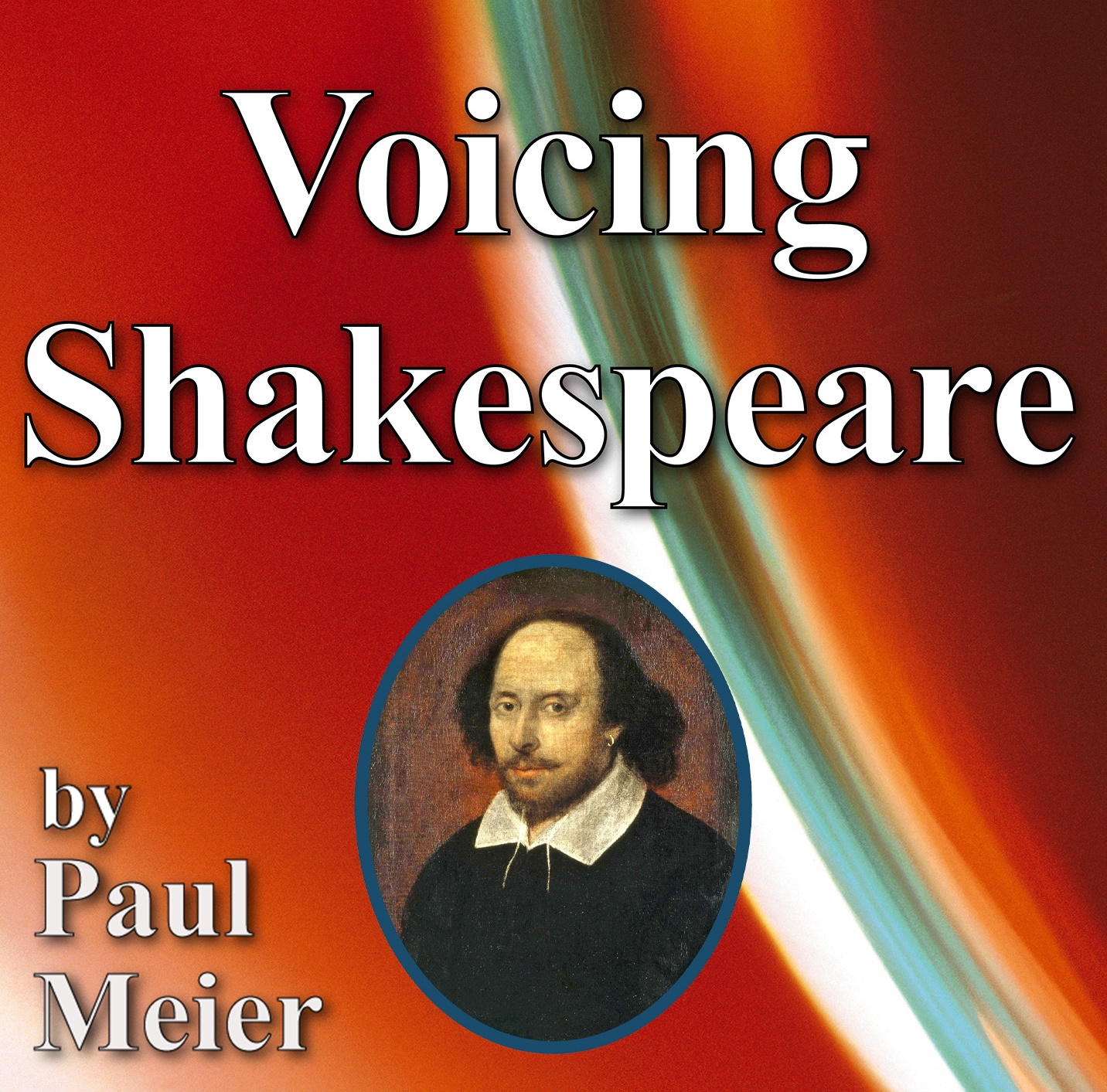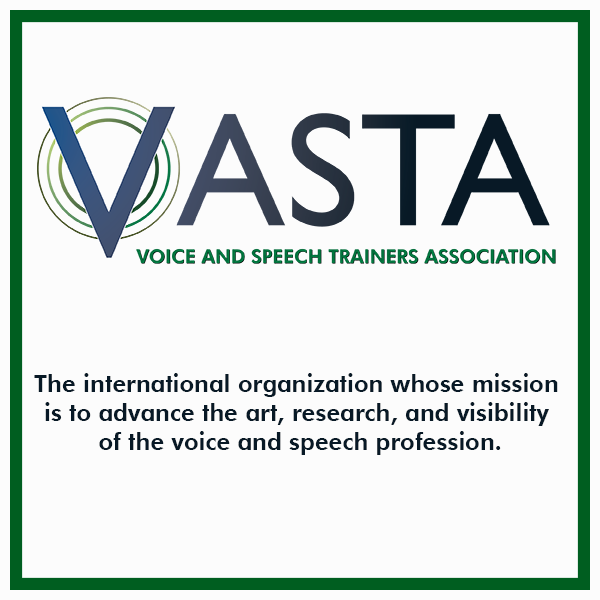England 76
Listen to England 76, a 28-year-old woman from Cambridge, Cambridgeshire, England. Click or tap the triangle-shaped play button to hear the subject.
Both as a courtesy and to comply with copyright law, please remember to credit IDEA for direct or indirect use of samples. IDEA is a free resource; please consider supporting us.
BIOGRAPHICAL INFORMATION
AGE: 28
DATE OF BIRTH (DD/MM/YYYY): 1979
PLACE OF BIRTH: Cambridge, Cambridgeshire
GENDER: female
ETHNICITY: black
OCCUPATION: student
EDUCATION: university
AREA(S) OF RESIDENCE OUTSIDE REPRESENTATIVE REGION FOR LONGER THAN SIX MONTHS:
The subject moved to London (East End) at age 21.
OTHER INFLUENCES ON SPEECH:
The subject is currently studying at WAC College for the Performing Arts in London, and her mother has a strong African accent.
The text used in our recordings of scripted speech can be found by clicking here.
RECORDED BY: Marina Tyndall
DATE OF RECORDING (DD/MM/YYYY): 18/02/2007
PHONETIC TRANSCRIPTION OF SCRIPTED SPEECH: N/A
TRANSCRIBED BY: N/A
DATE OF TRANSCRIPTION (DD/MM/YYYY): N/A
ORTHOGRAPHIC TRANSCRIPTION OF UNSCRIPTED SPEECH:
I was born in Cambridge originally, erm, and generally you know the accent is fairly upperclass, not too upperclass; erm, I then moved to London when I was about 21, so it must be about eight years now since I’ve been in London, and it’s mostly the East End of London. I think, you know the main influences, gosh, my mother does have quite a strong African accent anyway, erm, and she’s well spoken as well when it comes to her, her English, erm, so that probably influences me slightly, I think we all we all just we’re all quite well spoken, I think. You know, erm, sometimes when I’m talking to … friends I’m probably less … less well spoken an’ a bit more kind of “Lahndahn” and twangy about things, or a bit lazier in my speech patterns, but when I’m sat down definitely with my f-close members of my family then we’re always, always talking quite clearly and succinctly and like really pronouncing things properly and articulating quite a lot. Erm, I think I — when I first came to London I kid of got the impression that, erm, er, yeah that my, my voice didn’t apparently suit what people wanted to … expect for me to talk like, erm, as a sort of young black female, so they were sort of expecting me to be talking like a Londoner, and I wasn’t, and I think that I actually took on board quite a lot of different reactions from both black people and white people. Um, I use my voice in my work at the moment ‘cause I sing a lot, so like last night we did a gig, which means I’m really tired and I’m a bit [sigh], I don’t know probably, a bit more gravelly than I normally am, probably a bit more nasally than I normally am, just generally a little bit vocally tired so that’s what I, I use my voice a lot, s- a lot for singing lots of belting and lots of different pitches and stuff like that, but erm, I, I quite, I quite like my accent, but sometimes I listen to myself back and I think, “Yeah wow, it’s not really what I kind of thought it was.” But, erm, that’s that OK, that’s fine, but I, it always surprises me a bit; I think “wow” … [laughter]
TRANSCRIBED BY: N/A
DATE OF TRANSCRIPTION (DD/MM/YYYY): N/A
PHONETIC TRANSCRIPTION OF UNSCRIPTED SPEECH: N/A
TRANSCRIBED BY: N/A
DATE OF TRANSCRIPTION (DD/MM/YYYY): N/A
SCHOLARLY COMMENTARY: N/A
COMMENTARY BY: N/A
DATE OF COMMENTARY (DD/MM/YYYY): N/A
The archive provides:
- Recordings of accent/dialect speakers from the region you select.
- Text of the speakers’ biographical details.
- Scholarly commentary and analysis in some cases.
- In most cases, an orthographic transcription of the speakers’ unscripted speech. In a small number of cases, you will also find a narrow phonetic transcription of the sample (see Phonetic Transcriptions for a complete list). The recordings average four minutes in length and feature both the reading of one of two standard passages, and some unscripted speech. The two passages are Comma Gets a Cure (currently our standard passage) and The Rainbow Passage (used in our earliest recordings).
For instructional materials or coaching in the accents and dialects represented here, please go to Other Dialect Services.
 IDEA: International Dialects of English Archive
IDEA: International Dialects of English Archive




